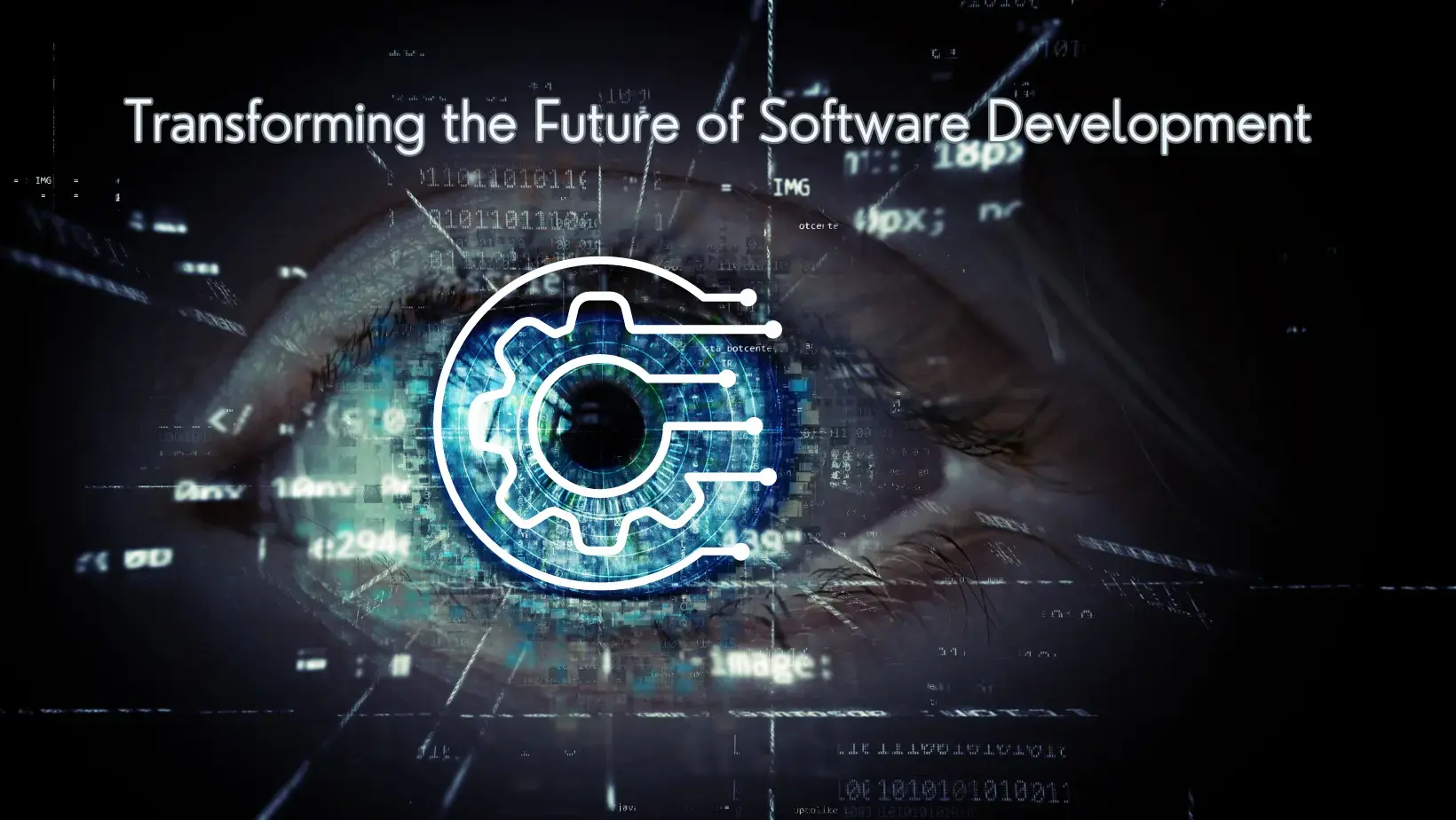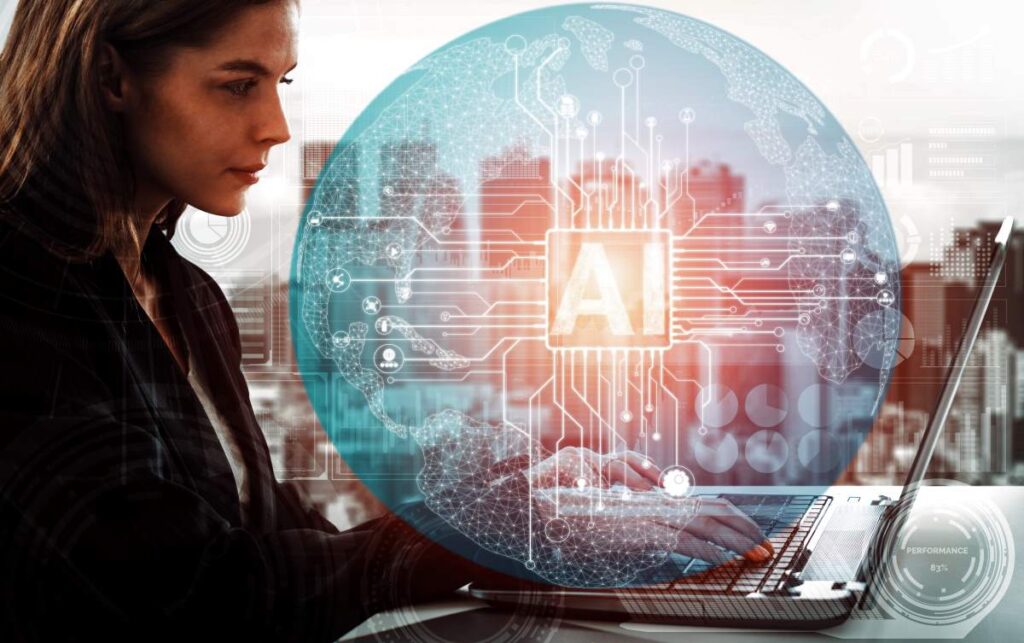The future of AI in software development is a rapidly evolving landscape that promises to revolutionize how we create, test, and maintain software applications. As artificial intelligence continues to advance, its integration into the software development lifecycle is becoming increasingly prevalent. From automating mundane tasks to enhancing decision-making processes, AI is set to redefine the roles of developers and project managers alike. In this article, we will delve into the transformative impact of AI technologies, such as machine learning and natural language processing, on the software development industry.
As we explore the future of AI in software development, you will learn about the various tools and frameworks that are emerging to facilitate this integration. We will discuss how AI-driven code generation can streamline the development process, allowing developers to focus on more complex and creative tasks. Additionally, we will examine the role of AI in improving software testing and quality assurance, ensuring that applications are not only functional but also reliable and secure.
Furthermore, we will highlight real-world case studies that showcase successful AI implementations in software projects, providing insights into best practices and potential challenges. By the end of this article, you will have a comprehensive understanding of how AI is shaping the future of software development and the opportunities it presents for professionals in the field. So, stay with us as we embark on this exciting journey into the world of AI and software development!
Enhancing Code Quality with AI
As software development becomes increasingly complex, ensuring high code quality is paramount. AI tools are now being integrated into the development process to assist developers in writing cleaner, more efficient code. These tools utilize machine learning algorithms to analyze existing codebases, identify potential bugs, and suggest improvements. By leveraging AI, developers can significantly reduce the time spent on debugging and enhance the overall quality of their software products.
Moreover, AI-driven code review systems can provide real-time feedback, allowing developers to learn from their mistakes and adopt best practices. This not only improves individual coding skills but also fosters a culture of continuous improvement within development teams. As AI continues to evolve, we can expect even more sophisticated tools that will further streamline the coding process and enhance code quality.
Automating Testing Processes
Testing is a critical phase in software development, and AI is revolutionizing how testing is conducted. Traditional testing methods can be time-consuming and prone to human error. However, AI-powered testing tools can automate various testing processes, including unit testing, integration testing, and regression testing. These tools can simulate user interactions and identify issues that may not be apparent during manual testing.
By automating testing, development teams can accelerate their release cycles and ensure that software is thoroughly vetted before deployment. Additionally, AI can analyze test results to predict potential failures and suggest areas for improvement. This predictive capability not only enhances the reliability of software but also allows teams to allocate resources more effectively, focusing on high-risk areas that require more attention.
AI-Driven Project Management
Effective project management is crucial for the success of software development projects. AI can play a significant role in optimizing project management processes by providing insights into team performance, resource allocation, and project timelines. AI algorithms can analyze historical project data to identify patterns and predict potential bottlenecks, enabling project managers to make informed decisions.
Furthermore, AI can facilitate better communication within teams by automating routine tasks such as scheduling meetings and tracking progress. By reducing administrative burdens, team members can focus more on their core responsibilities, leading to increased productivity. As AI continues to advance, we can expect even more innovative solutions that will transform project management in software development.
Personalized Development Environments
As the demand for personalized user experiences grows, AI is also making its way into development environments. AI can analyze a developer’s coding habits and preferences to create customized development environments that enhance productivity. For instance, AI can suggest relevant libraries, frameworks, or even code snippets based on the developer’s past projects and current tasks.
This level of personalization not only speeds up the development process but also helps developers learn new technologies more efficiently. By providing tailored recommendations, AI can bridge the gap between novice and experienced developers, fostering a more inclusive development community. As these personalized environments become more prevalent, we can expect a significant shift in how developers approach their work.
The Ethical Implications of AI in Development
While the integration of AI in software development offers numerous benefits, it also raises important ethical considerations. Issues such as data privacy, algorithmic bias, and the potential for job displacement must be addressed as AI technologies become more prevalent. Developers and organizations must ensure that AI systems are designed and implemented responsibly, taking into account the potential impact on users and society as a whole.
Moreover, fostering transparency in AI decision-making processes is essential to build trust among users. As AI continues to evolve, it is crucial for stakeholders in the software development industry to engage in discussions about ethical practices and establish guidelines that promote responsible AI usage. By prioritizing ethics, the industry can harness the power of AI while minimizing potential risks.
Artificial Intelligence (AI) is poised to revolutionize software development in various ways. This table summarizes key aspects of AI’s impact on the field.
| Aspect | Description |
|---|---|
| Automation of Coding | AI tools can automate repetitive coding tasks, allowing developers to focus on more complex problems and enhancing productivity. |
| Code Review and Quality Assurance | AI can assist in code reviews by identifying bugs and suggesting improvements, leading to higher quality software. |
| Predictive Analytics | AI can analyze historical data to predict future trends in software development, helping teams make informed decisions. |
| Natural Language Processing | AI-driven tools can understand and generate human language, enabling better communication between developers and non-technical stakeholders. |
| Personalized Learning | AI can provide personalized learning experiences for developers, recommending resources and training based on individual skill levels. |
| Enhanced Collaboration | AI can facilitate collaboration among team members by providing insights and automating project management tasks. |
| Security Enhancements | AI can help identify vulnerabilities in code and suggest security measures, making software more secure. |
| Integration with DevOps | AI can streamline DevOps processes by automating deployment and monitoring, leading to faster release cycles. |
In conclusion, the integration of AI in software development is not just a trend but a significant shift that will enhance efficiency, quality, and collaboration in the industry.



